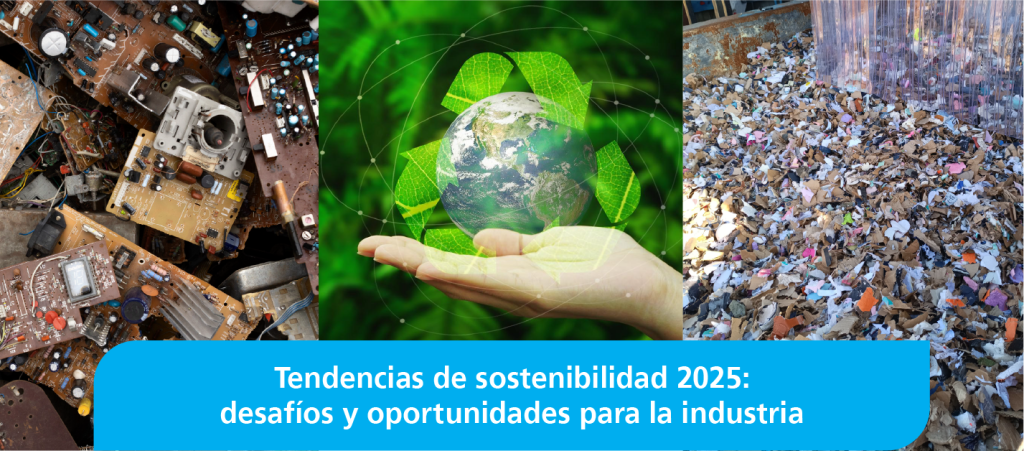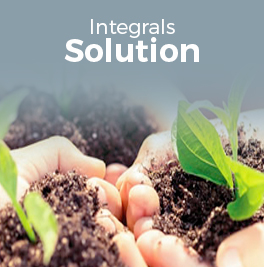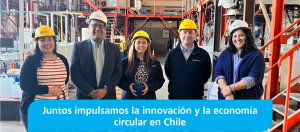
In today's world, sustainability is an increasingly relevant and priority issue for companies and society in general. According to a report from the United Nations (UN), by 2025, 70% of global investors are expected to consider sustainability as a key factor in their investment decisions.
In industry, sustainability translates into the implementation of practices and technologies that minimize environmental impact, promote energy efficiency and reduce greenhouse gas emissions. According to a report by the International Energy Agency (IEA), in 2025 investment in renewable energy is expected to exceed USD 1.5 trillion.
Some of the trends that will define sustainability in 2025 are:
1. Renewable energies and storage
– Greater investment in renewable energies such as solar and wind.
– Development of energy storage technologies to guarantee system stability.
2. Electrification and sustainable mobility
– Greater adoption of electric vehicles and buses.
– Development of charging infrastructure for electric vehicles.
3. Energy efficiency and digitalization
– Greater use of digital technologies to optimize energy consumption.
– Development of advanced energy management systems.
4. Waste reduction and circular economy
– Greater emphasis on waste reduction and recycling.
– Development of business models based on the circular economy.
5. Climate change and resilience
– Greater attention to mitigation and adaptation to climate change.
– Development of resilience strategies to face the impacts of climate change.
6. Sustainability in the supply chain
– Greater emphasis on sustainability in the supply chain.
– Development of sustainable practices in the production and distribution of goods.
7. Education and awareness about sustainability
– Greater emphasis on education and awareness about sustainability.
– Development of education and training programs in sustainability.
8. Sustainable policies and regulations
– Greater emphasis on creating sustainable policies and regulations.
– Development of regulatory frameworks that promote sustainability.
9. Innovation and sustainable technology
– Greater investment in innovation and sustainable technology.
– Development of technological solutions that promote sustainability.
10. Colaboración y cooperación para la sostenibilidad
– Greater emphasis on collaboration and cooperation between sectors to promote sustainability.
– Development of alliances to address sustainability challenges.
At Hidronor we are committed to sustainability and constant innovation to build a more sustainable future. Learn about our solutions: https://www.hidronor.cl/servicios-integrales-en-residuos/







